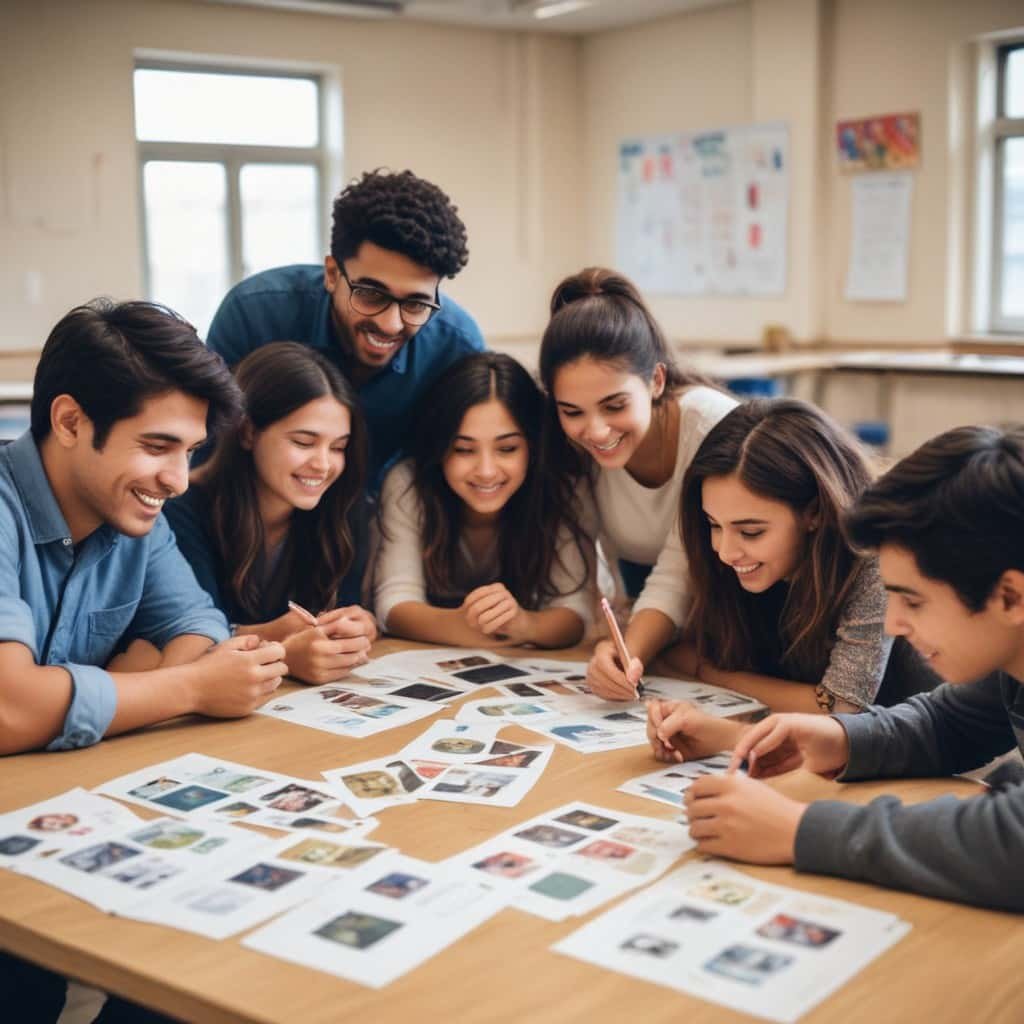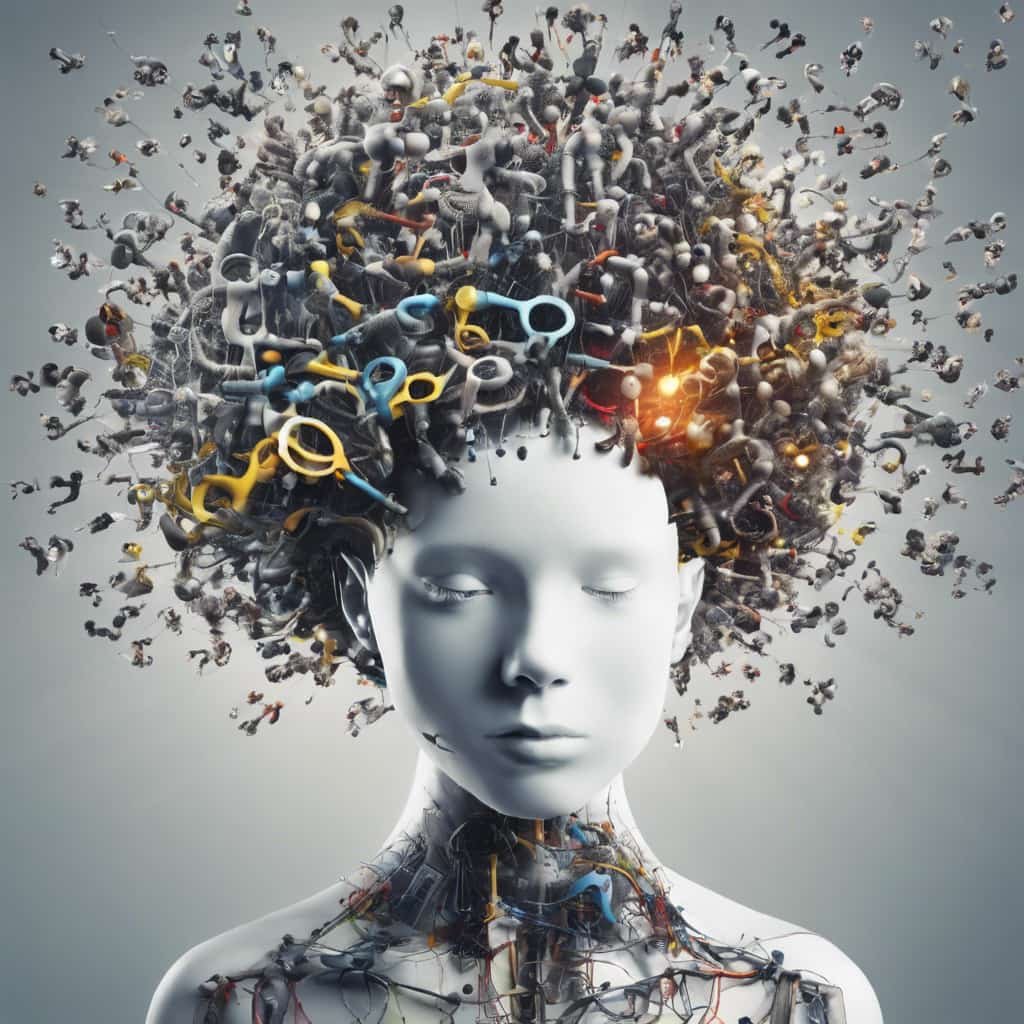It’s becoming clearer that social learning is powerful in today’s linked world. People are always having social events that shape what they know, how they act, and what they do at work and in online communities. But what is learning, and why does it matter so much?
People learn new information, skills, and attitudes through social learning, which means watching, interacting with, and copying others in their social surroundings. Learning emphasizes the role of social interactions in shaping learning outcomes, unlike traditional ways of learning that only rely on formal teaching.
Understanding the Mechanisms of Social Learning
People learn a lot by watching how others act and behave. This is called observational learning. This effect is especially noticeable when kids are young because they tend to act like their family, friends, and peers.
Additionally, modeling behavior makes learning stronger because people copy the actions of important people in their lives, like teachers, leaders, or celebrities they look up to. People look up to people who act in this way, which encourages a mindset of learning and growth.
Imitation, which is closely related to visual learning, means copying other people’s actions and behaviors, whether you’re trying to learn a new skill or picking up new habits. Through these mechanisms, social learning happens dynamically, shaping people’s behavior and helping the group gain information.
Benefits of Social Learning
Social media’s strength is in the many ways in which it may enrich the educational process.
| Benefit | Description |
|---|---|
| Accelerated Learning | Leveraging the collective knowledge and expertise of a social group enables individuals to acquire new skills more rapidly compared to solitary study. |
| Improved Retention | Social promotes active engagement and participation, leading to better information retention and long-term memory recall. Sharing ideas helps reinforce learning and understanding. |
| Enhanced Motivation | Learning environments cultivate a sense of belonging and camaraderie, boosting motivation and engagement. Peer support and encouragement inspire individuals to strive for excellence. |
Social Learning in Education
- Group projects, debates, and peer tutoring help students engage and learn in the classroom. Interactions improve academic performance, teamwork, and communication.
- With the rise of online learning platforms and educational resources, social learning has expanded beyond the classroom. Online learning communities and forums allow students to share materials, network, and get advice from professionals worldwide.
Working together and as a team
Social norms are important for collaboration and teamwork to work because people need to share their knowledge, skills, and the best ways to do things to reach their goals. By promoting open conversation and sharing of knowledge, businesses can boost productivity and spark new ideas.
Knowledge Sharing
Employees can share their thoughts, get help, and learn from each other’s experiences on social networks and private networks. Sharing knowledge in this way not only helps people grow professionally but also makes the organization’s knowledge assets stronger.
| Aspect | Description |
|---|---|
| Role of Social Media in Social Learning | Social media platforms facilitate learning by providing spaces for communities, and groups, and crowdsourcing of knowledge, enabling collaborative learning and problem-solving. |
| Communities and Groups | Online communities and interest groups on platforms like LinkedIn and Facebook connect like-minded individuals for peer-to-peer learning, collaboration, and networking. |
| Crowdsourcing Knowledge | Platforms such as Quora, Reddit, and Stack Overflow allow users to crowdsource knowledge and expertise globally, fostering collaborative problem-solving and learning. |
| Challenges and Limitations | Social learning faces challenges including misinformation, over-reliance on peers, and cultural/socioeconomic barriers that impact participation and effectiveness. |
| Misinformation | Distinguishing credible sources from misinformation is difficult in social environments, leading to the spread of false information and misconceptions. |
| Over-reliance on Peers | While collaboration is key, there’s a risk of dependency on peers for answers, hindering the development of critical thinking and problem-solving skills. |
| Cultural and Socioeconomic Barriers | Factors like language barriers, digital literacy, and access to resources can create barriers to participation and knowledge sharing, impacting the inclusivity of learning. |
Effective Learning Strategies
Organizations and teachers can utilize these approaches to maximize learning and minimize its challenges:
- Active involvement: Include debates, group projects, and interactive activities in lessons to promote active participation.
- Give and Take Constructive comments: Peers and teachers can help students progress by providing constructive comments.
- Building a Learning Culture: Create a supportive learning environment that encourages curiosity, experimentation, and improvement. Celebrate successes and foster student growth.
FAQS
- How does learning differ from traditional forms of learning?
- Learning is different from other ways of learning because it stresses how important it is to connect with others and observe others to learn.
2. Can social be applied to individual learning contexts, or is it primarily suited for group settings?
- The word “social” can be used for both one-on-one and group learning. While it’s usually linked to working together and having talks in groups,
Conclusion
Finally, learning’s power comes from its ability to capitalize on social network members’ insights and experiences. Through knowledge sharing, cooperation, and peer support, social improves learning and personal and professional progress. To attain its full potential, organizations and educators must address disinformation, over-reliance on peers, and cultural hurdles while creating effective social environments.



